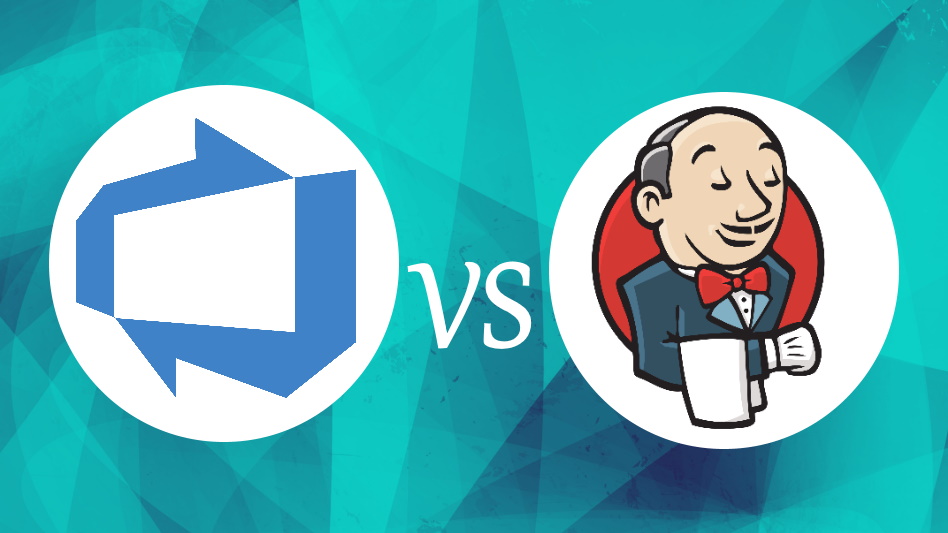PostgreSQL vs. MongoDB: In the dynamic realm of databases, the SQL vs. NoSQL debate holds a central position in the decision-making process for developers and businesses. This comprehensive guide aims to unravel the complexities surrounding two significant databases: PostgreSQL and MongoDB. By understanding their unique features and trade-offs, you’ll be equipped to make a well-informed decision tailored to your specific requirements.
PostgreSQL: The SQL Powerhouse
PostgreSQL stands out as an advanced open-source relational database, adhering to the principles of the SQL paradigm. Let’s explore its key attributes.
Data Integrity and ACID Compliance
PostgreSQL prioritizes data integrity through strict adherence to ACID (Atomicity, Consistency, Isolation, Durability) properties. This commitment ensures reliable transaction processing, making it a solid choice for applications where precision and reliability are paramount.
Rich Data Types and Extensibility
Offering a diverse range of supported data types, including native support for JSON and XML, PostgreSQL provides developers with unparalleled flexibility. Its extensibility allows the definition of custom data types, giving a high degree of adaptability to diverse needs.
Advanced Indexing and Query Optimization
PostgreSQL excels in handling intricate queries efficiently, thanks to its sophisticated query planner and optimizer. Supporting various indexing methods such as B-trees, hash indexes, and full-text search, PostgreSQL proves versatile for different use cases.
MongoDB: NoSQL Flexibility in Action
MongoDB, a representative of the NoSQL category, prioritizes flexibility and scalability. Here are key features setting MongoDB apart.
Schema-less Design and JSON-like Documents
MongoDB’s schema-less design fosters dynamic and agile development. Storing documents in BSON (Binary JSON) format allows for human-readable representation and the insertion of data without predefined structures.
Horizontal Scalability and Sharding
MongoDB’s strength lies in horizontal scaling, making it ideal for applications dealing with vast amounts of data and high write loads. The incorporation of sharding, distributing data across multiple servers, enhances both performance and scalability.
Geospatial Indexing and Full-Text Search
For applications dealing with geospatial data, MongoDB provides built-in geospatial indexing for efficient location-based queries. Additionally, MongoDB boasts robust full-text search capabilities, enhancing overall search functionality.
A Comparative Analysis
Let’s break down the PostgreSQL vs. MongoDB comparison with a side-by-side table:
| Feature | PostgreSQL | MongoDB |
|---|---|---|
| Data Model | Relational (Table-based) | Document (JSON-like) |
| Query Language | SQL | JSON-based query language |
| Scalability | Vertical scaling | Horizontal scaling and sharding |
| Schema | Strict schema with predefined structure | Schema-less with dynamic, flexible schema |
| ACID Compliance | Full ACID compliance | Eventual consistency (by default), optional ACID transactions |
| Data Integrity | High, with enforced constraints | Dependent on application implementation |
| Indexing | Various indexing methods | Automatic and customizable indexing |
| Use Cases | Complex queries, transactional applications | Big data, real-time applications, dynamic content |
| Community Support | Large and active | Large and active |
Frequently Asked Questions (FAQs)
1. Is MongoDB suitable for complex transactions?
MongoDB supports multi-document transactions, ensuring data consistency across multiple documents. However, the suitability depends on specific use cases and requirements.
2. Can PostgreSQL handle unstructured data?
While primarily a relational database, PostgreSQL supports unstructured data types, including JSON. MongoDB’s native support for JSON documents may be more convenient for certain applications.
3. Which database is more suitable for real-time analytics?
Both PostgreSQL and MongoDB can handle real-time analytics, with the choice depending on specific workload requirements. PostgreSQL’s advanced indexing and query optimization are beneficial for complex analytics queries, while MongoDB’s horizontal scalability shines for large datasets.
Conclusion
In the PostgreSQL vs. MongoDB dilemma, there’s no universal answer. The choice depends on your application’s nature, scalability needs, and data complexity. PostgreSQL excels in handling complex transactions and structured data, while MongoDB offers flexibility and scalability for dynamic and unstructured data.
As you embark on your database journey, weigh the pros and cons carefully, considering your project’s unique needs. Both PostgreSQL and MongoDB have vibrant communities and extensive documentation, ensuring support for unlocking the full potential of these powerful databases.
For more detailed information and community discussions, explore the official documentation for PostgreSQL and MongoDB. Specific questions or seeking assistance? The respective PostgreSQL Community and MongoDB Community forums are valuable resources.









